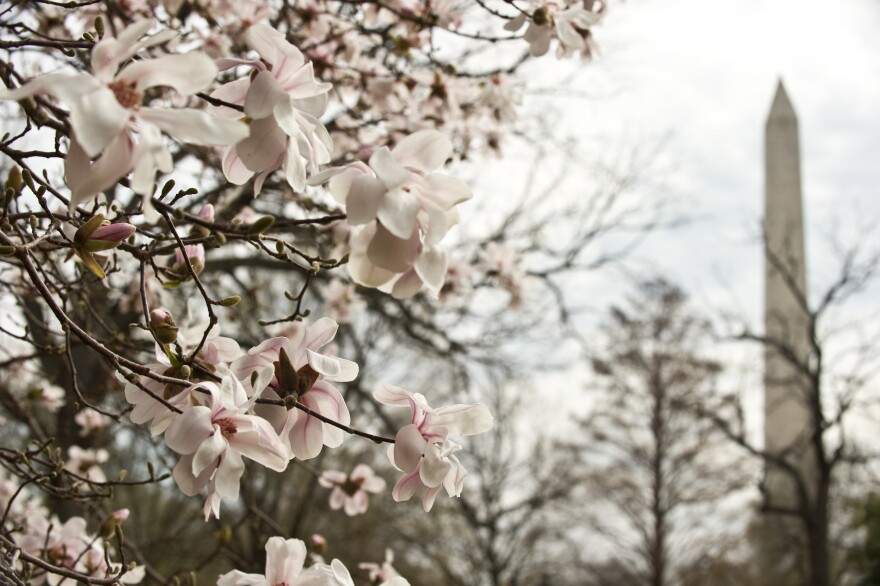Wondering how many kinds of trees there are? There's now a database that can answer that.
Scientists from the U.K.-based Botanic Gardens Conservation International say they have compiled the first-ever comprehensive list of all known tree species, totaling 60,065 different kinds.
The database includes information about where each species is found geographically. More than half of those species are only found in one country, the researchers wrote in the Journal of Sustainable Forestry. And many of them are threatened with extinction.
The researchers hope the database, called GlobalTreeSearch, will provide a practical tool for conservationists. It could help to develop "species-specific action" for threatened trees, they stated, "as individual tree species face threats that are unique to that species.

For example, scientists determined in late 2016 that a species found in remote locations in Tanzania called Karomia gigas had a "single population of just six trees" because of over-harvesting, the BBC reports. "They recruited local people to guard the trees and to notify them when the trees produced seeds."
Brazil has the highest number of different tree species, with 8,715 – about half of them unique to the country. Colombia has 5,776 species, followed by Indonesia with 5,142.
The Arctic regions were found to have no species of tree. After that, the Nearctic biome of North America had fewer than 1,400 species.
In the paper, the team acknowledges that it's surprising that this information was not available in one place before.
"This is 'big science' involving the work of thousands of botanists over a period of centuries, and the advent of digital checklists and databases over the past few decades have made the collation and refinement of so many data sources possible," the paper reads.
Over a period of two years, they collected information from more than 500 published sources and 80 experts in the BGCI's network.
The scientists plan to continue to update GlobalTreeSearch as species are discovered, change in taxonomy — or go extinct.
Smithsonian details other recent research that is trying to provide a better picture of the state of the world's trees:
"In 2015, a study found that there are likely more than 3 trillion individual trees on the planet, significantly more than the 400 billion previously proposed. Last summer, ecologists combed natural history specimens to find that the Amazon Basin has at least 11,676 species of trees, estimating that roughly 4,000 species in the area have yet to be discovered."
Copyright 2020 NPR. To see more, visit https://www.npr.org.



